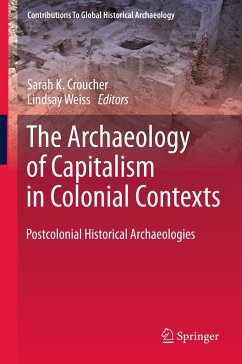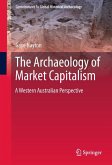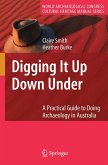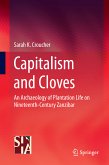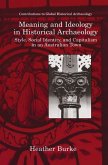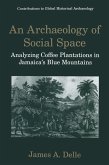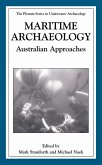Examining case studies from North America, South America, the Caribbean, Africa, Australia, the Middle East, and Europe, the chapters offer an unusually broad ranging geography of historical archaeology, with each focused on the interplay between the particularisms of colonial structures and the development of capitalism and wider theoretical discussions. Every author also draws attention to the ramifications of their case studies in the contemporary world. With its cohesive theoretical framework this volume is a key resource for those interested in decolonizing historical archaeology in theory and praxis, and for those interested in the development of modern global dynamics.
Dieser Download kann aus rechtlichen Gründen nur mit Rechnungsadresse in A, B, BG, CY, CZ, D, DK, EW, E, FIN, F, GR, HR, H, IRL, I, LT, L, LR, M, NL, PL, P, R, S, SLO, SK ausgeliefert werden.

